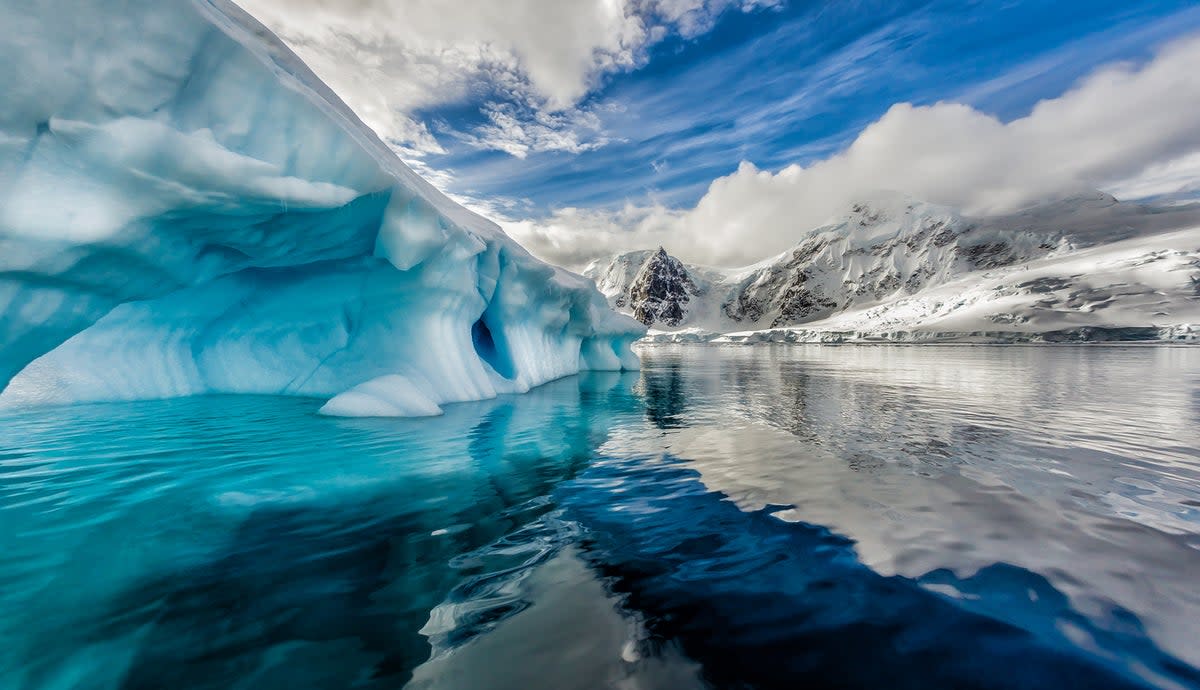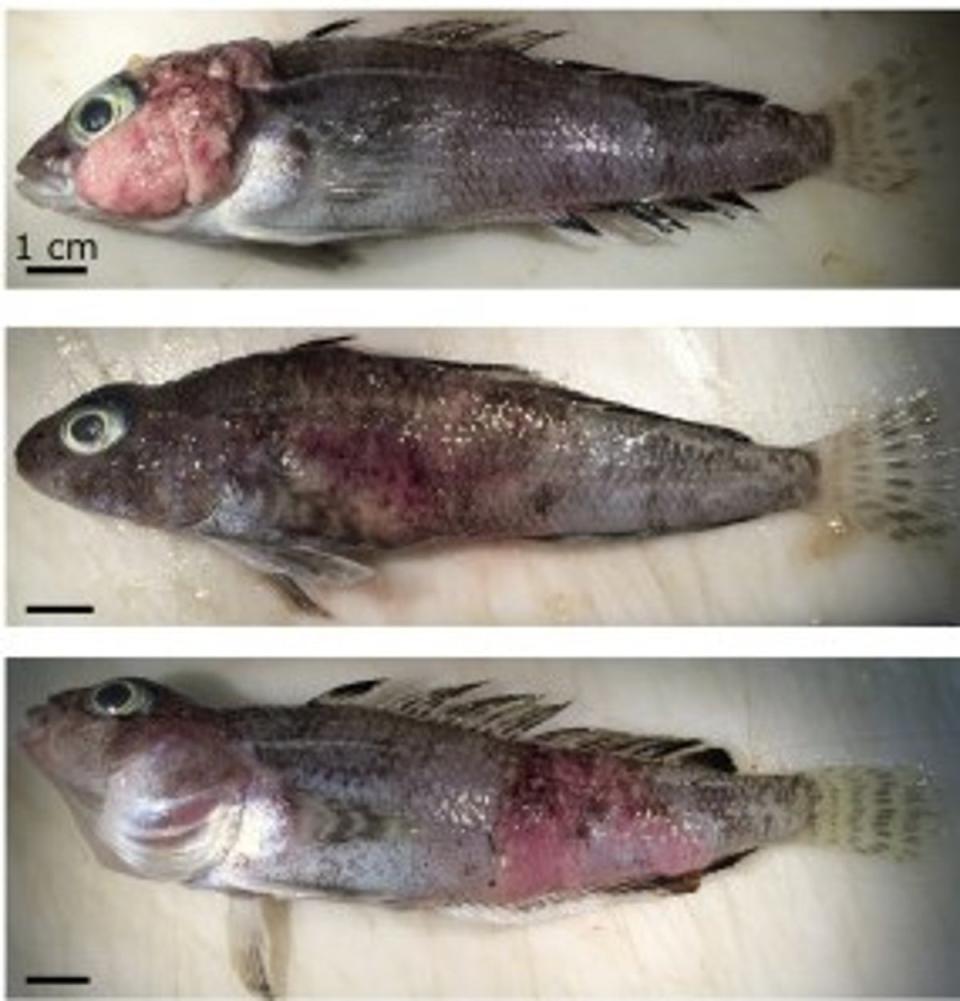Antarctic fish growing pink skin tumours ‘as climate change makes them more prone to disease’

The climate crisis may be causing fish in the Antarctic to grow skin tumours, according to new research.
A study by biologists at the University of Oregon found that fish they observed over a decade developed tumours as a result of a parasitic illness, thought to be worsened by warming waters and melting ice.
The species of fish observed are part of a group called notothenioids, which have evolved to adapt to their icy environment, such as making proteins that prevent their blood from freezing.
But Thomas Desvignes, chief scientist and lead author on the study, said: “When life conditions become challenging, animals become more prone to disease.”
While conducting research in 2018, the biologists visited a small fjord on the West Antarctic Peninsula and found a group of fish in an area which was unusually clear of ice.
“As soon as we got the first trawl back on deck, we realised that one species was really abundant, and a lot of them had big tumors,” said Mr Desvignes. “When we saw that, we immediately realised we had to do something.”

“Very little is known about diseases associated with these animals,” added Arvind Varsani, an Arizona State University virologist, specialist in in Antarctic animals and a co-author of the study.
Despite years of fishing in and around Antarctica, the researchers and other Antarctic fish biologists had not seen disease on that scale before.
After collecting and analysing samples from both healthy and diseased fish, researchers found the tumours were down to X-cell disease, a parasitic illness reported in wild fisheries in Iceland and Norway, that scientists know little about.
Also, Antarctic ecosystems are particularly vulnerable to the effects of global warming and are seeing rapid changes.
For example, melting ice means water becomes less salty and where notothenioids live is becoming warmer and fresher faster. Increasing water temperature and shifting ecosystems could be putting pressure on the fish and making them more vulnerable to disease, Mr Desvignes suggested.
Climate change could also impact the life cycle of the parasite, making it more effective at spreading and infecting.
“Maybe the parasite has a long life cycle and only manifests into a disease outbreak every so often, and we might have been there by chance when that was happening,” Mr Desvignes said.
The team have not been able to return to the Antarctic due to Covid-19 restrictions and logistical issues, but aim to visit soon.
“We’re preparing project proposals to go there again and study this specific outbreak, how it evolved since 2018, and explore adjacent areas to try to see whether we can detect the pathogen elsewhere and in other species,” said Mr Desvignes.

